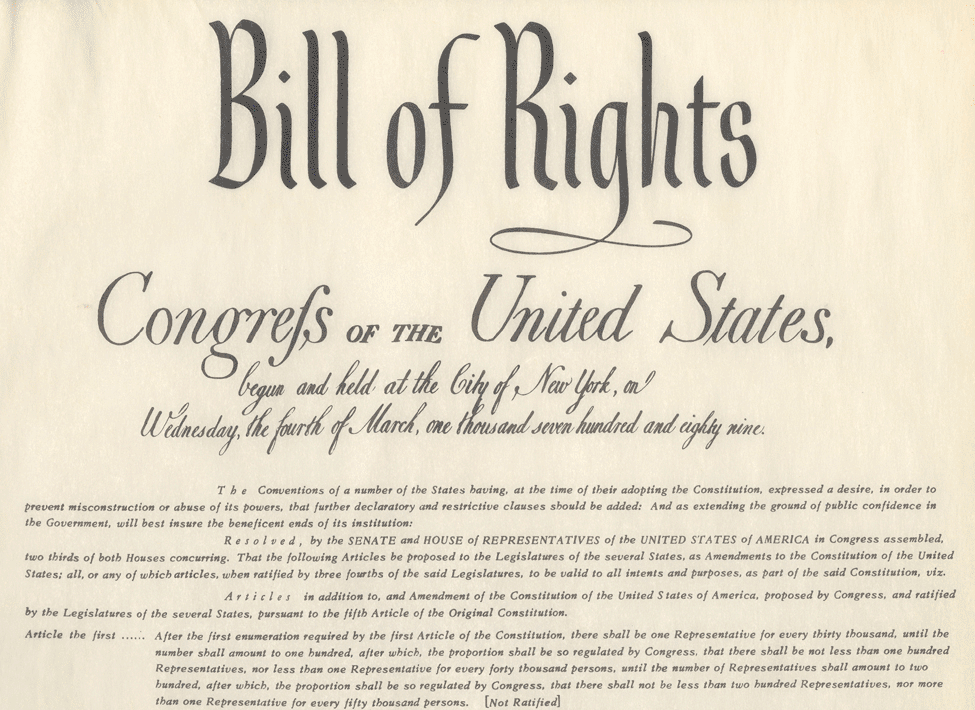The provision allowed the FBI to issue something called a National Security Letter (NSL) this letter was a request for personal information sent to a company which forced them to this data over and also prevented them from talking about the order to anyone. These letters have been the topic of many debates and have never appeared to be exactly legal or ethical. It was this provision that has finally been declared unconstitutional.
Although this one ruling is likely to be appealed it is a very important topic. If the ruling holds it spells death for many of the bills and acts that threaten privacy. CISPA, SOPA, PIPA and many others all ride on the same concept. At their core they operate on the idea that the US government has the right to observe and collect data on US citizens. In reality they do, but they must follow the Due Process clauses in accordance with the 5th and 14th amendments to the US Constitution.
This means (in rough terms) that the Government must follow the existing laws with respect to surveillance, collection of private data and all other aspects that protect US Citizens. You could also extend this and say that these laws violate the 4th amendment (which the NSLs do) which requires searches (including surveillance) to have a lawfully sworn warrant before they can be conducted. Now groups like the MPAA, RIAA, BSA, and individual companies that are looking to uphold their failing business model are banking on the hope that the new laws they want to enact will escape scrutiny and that no one will realize just how much they violate these specific rights granted to us by the Constitution.
The seizure of domain names that Immigration and Customs Enforcement (ICE) perform is often in violation of these same rights. Of course they will argue that most of these are foreign owned domains, but even then there is something wrong about a US agency seizing the assets of a foreign national on simple accusation.
In short, by declaring NSLs as Unconstitutional it sets a precedent which can give groups like the EFF, Fight for the Future and the public ammunition to protect their right to privacy. How can CISPA be legally enacted into law if someone has said that this type of request violates the US constitution? How can SOPA and PIPA operate of their foundation breaks the rights we have been guaranteed? We hope that this ruling stands and that it can be used as a central pillar to prevent CISPA, PIPA, SOPA and other restrictive laws from being pushed through. These types of laws do nothing but limit innovation, violate our right to privacy and prop up an outdated business model held by a group that already is borderline in violation of the Sherman Anti-Trust act (Both the MPAA and RIAA could be interpreted as Cartels under that act). The MPAA and RIAA are “a formal organization of producers and manufacturers that agree to fix prices, marketing, and production” which is the definition of a Cartel and yet they have been given protection inside the US for a very long time and operate as a lobby group. They have abused their power and connections for far too long and yet are still allowed to exist and continue to operate.
Perhaps this ruling is the first step to breaking the close relationship between the US government and the interests of groups like the MPAA, RIAA and others. Although it is part of the Patriot Act, it is still a foundation that many other acts and laws are being built on. Time will tell what effect this will have on these other pieces of legislation but we can certainly hope that it will have a positive one.
Tell us what you think in our Forum




